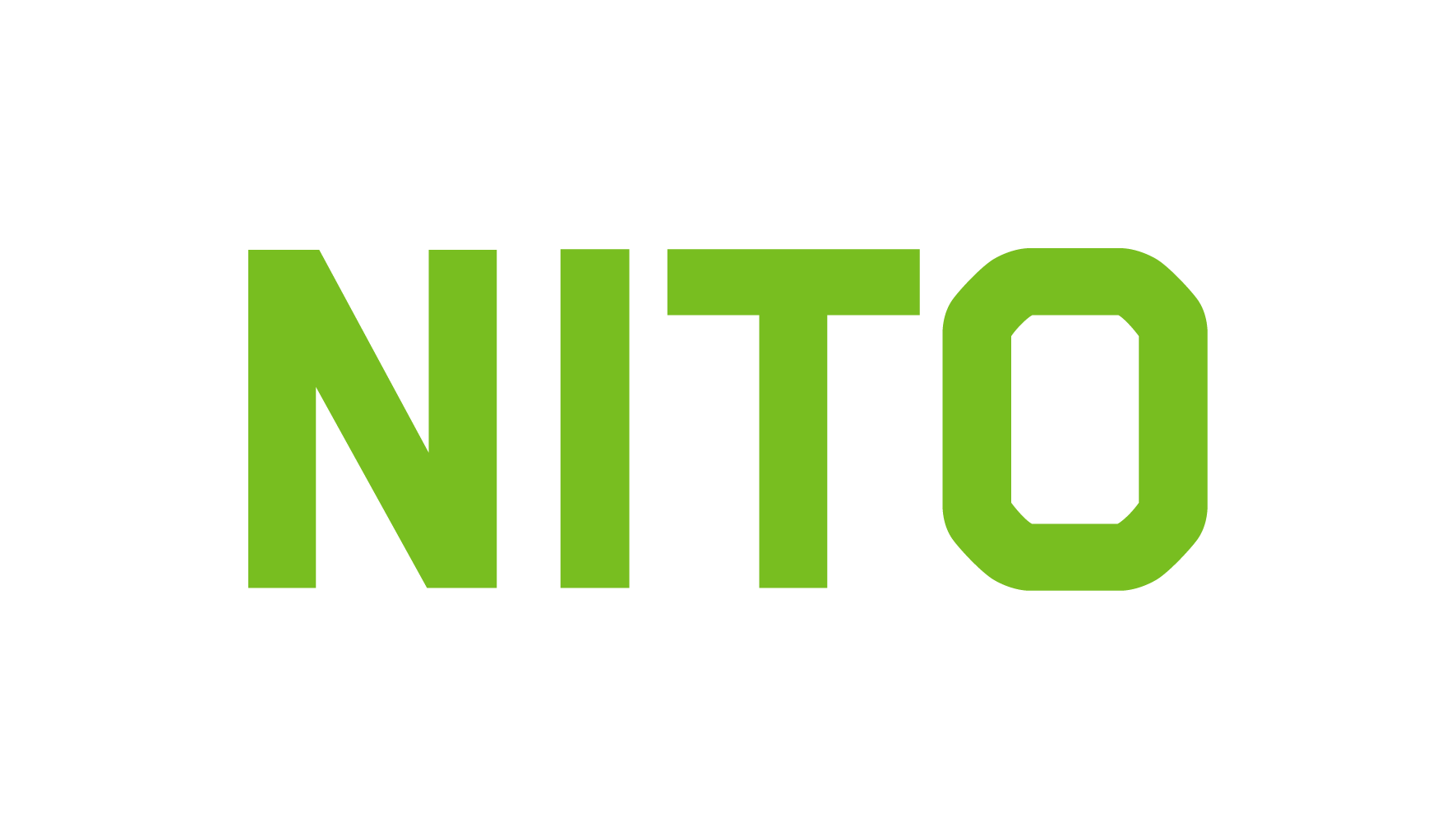A few days ago, I received an email from NITO, Norway’s largest trade union for engineers and technologists.

As a member of this organization, I was intrigued by their new event encouraging members (mostly developers and programmers) to become “flinkedIn”. This clever play on words combines “flink” the Norwegian term for clever, and LinkedIn (you had probably guessed it).
This email arrived at a curious time—just as my wife (Hello Honey – I know you’ll probably read this too ^^) and I were discussing LinkedIn. Our conversation revolved around how the platform often feels insincere, with profiles that seem too polished and interactions that appear staged. She pointed out that much of what we see on LinkedIn feels like a showcase rather than a reflection of the real challenges and complexities people face in their careers.
These observations set the stage for today’s post, where I will dive into the 3 most common complaints users have about LinkedIn. Despite these issues, I believe that LinkedIn remains a powerful tool for career advancement if used correctly, but long story short…
Complaint #1: Inauthenticity
One of the loudest grumbles from the corners of LinkedIn’s vast user base centers on inauthenticity. The platform sometimes feels like a stage where everyone is perpetually donning their best business suits and brightest smiles, all the while reciting lines that seem more suited for a motivational poster than a genuine professional interaction.
Many users echo sentiments like, “I didn’t realize I was connected to hundreds of ‘visionary geniuses’ and ‘world-class influencers’.” It’s as if there’s an unspoken contest to see who can puff up their resume the most appealingly:
This polished facade can make LinkedIn feel less like a network of real people and more like a parade of meticulously curated personas.

However, beneath the glossy exterior, there is undeniable value in presenting a professional image. After all, first impressions matter, and LinkedIn is often where prospective employers or clients get their first glimpse of who you are professionally.
While it’s easy to roll our eyes at the overtly crafted profiles, as a marketing professional, I understand more than most people the strategy behind the spectacle.
It’s about branding—personal branding to be precise. The key is to strike a balance. You can be professional without crossing into the realm of implausibility. By all means, polish your achievements, but keep your LinkedIn presence grounded in reality. This way, you maintain your credibility, which is the cornerstone of genuine professional relationships.
Complaint #2: Spammy Messages and Connection Requests

Another frequent frustration voiced by LinkedIn users is the deluge of spammy messages and unsolicited connection requests that clutter their inboxes. It seems that for some, LinkedIn has become less about meaningful professional networking and more about casting as wide a net as possible, in hopes of catching anything that moves.
We all receive this kind of messages: from “I think we can benefit from connecting” from someone you’ve never met and who lives on another continent to opening sentences like “Dear Sir/Madam” or “I certainly believe this would be a great opportunity for you to generate leads…”.
These messages often come from people who might not even remember sending them, given how many they dispatch in a single go.
This scattergun approach to networking undermines the platform’s purpose. LinkedIn is designed for building valuable professional connections, not just for boosting one’s connection count. The indiscriminate sending of generic messages feels not just impersonal but borderline invasive.
However, this doesn’t mean that every unsolicited message or request is unwelcome. The key is personalization and relevance. When reaching out to someone new, a tailored message that mentions specific common interests or professional alignments can make all the difference.
By being discerning in who we connect with and how we approach them, we can keep the essence of LinkedIn as a tool for meaningful professional growth, not just a numbers game.
Complaint #3: Pressure to Exaggerate Achievements
A common grievance among LinkedIn users is the perceived pressure to not just share but amplify their career achievements. This often manifests in profiles laden with superlatives and hyperbolic descriptors that can make the average professional feel as if they’re in an arms race of accomplishments.
Check it out: everyone on LinkedIn is a ‘guru’, ‘ninja’, or ‘rockstar’, except me—I just work here ^^. Actually, I didn’t even realize we were all competing for the ‘Most Innovative Award’ every day:

Nah… It’s not that bad, I’ve seen much worse…
There are so many “Digital Marketing Gurus out there!
A 2023 study from Resume Lab stated that 70% of workers have already lied on their resumes. Even if I didn’t find the data concerning LinkedIn, we can guess it’s the same (or higher). This incessant need to appear extraordinary can lead individuals to stretch the truth about their roles and responsibilities.
While it’s natural to want to present oneself in the best light, the pressure to seem infallible or unmatched in one’s field can create an environment where authenticity takes a back seat to bravado.
However, there’s a silver lining if we choose to see it. This environment also challenges us to reflect on our real contributions and how we present them. It encourages professionals to genuinely assess their value and articulate their accomplishments in a compelling, yet truthful manner. Being honest about our capabilities not only fosters trust but also attracts the right opportunities that align with our true skills and experiences. Keeping it real might not always make you the star of the LinkedIn show, but it will build a foundation of credibility that lasts longer than any embellished profile could.
It’s clear that LinkedIn, like any tool, is what we make of it. It offers a global stage for professional exposure, but it also demands a discerning eye to sift through the less genuine aspects.
I’ll be frank with you… I’ve never really liked or used LinkedIn before a few months ago (when I started sharing content, basically). I won’t say I’ve never exaggerated a bit on my CV when I was younger (when, after school, I wanted to impress, lacking interesting working experience then) but it’s more a matter of personal ethic not to. Today, I’m not lying nor considering myself like the “over the top” top marketing expert I’m not. I’ve learnt the best way to catch people’s attention is to feel genuine. And that’s what I’m trying to do naturally; sharing some pieces of content or insights there when I can… Should / Could we all follow the same pattern? Probably not… But there are as many possibilities as there are LinkedIn users up there…
What do you think about it?

Comments